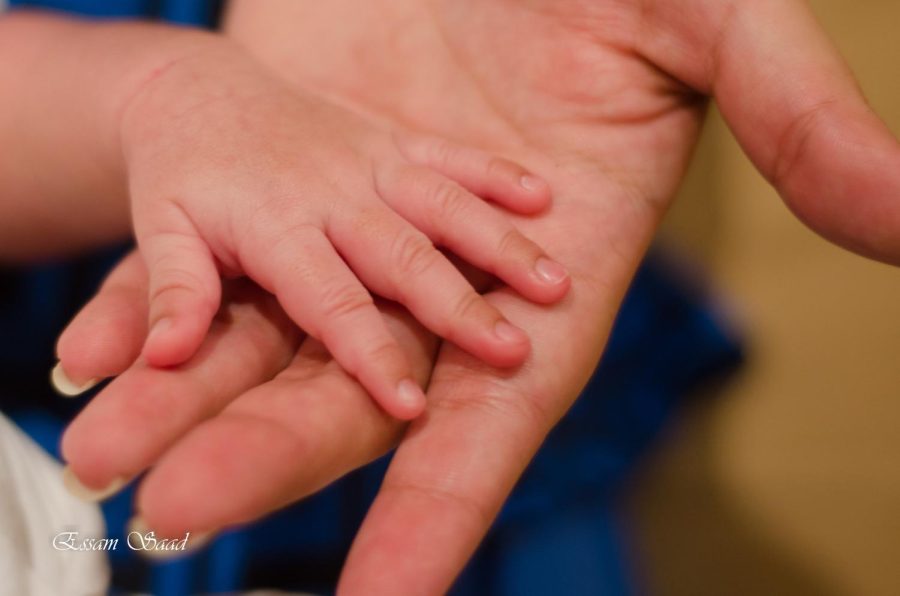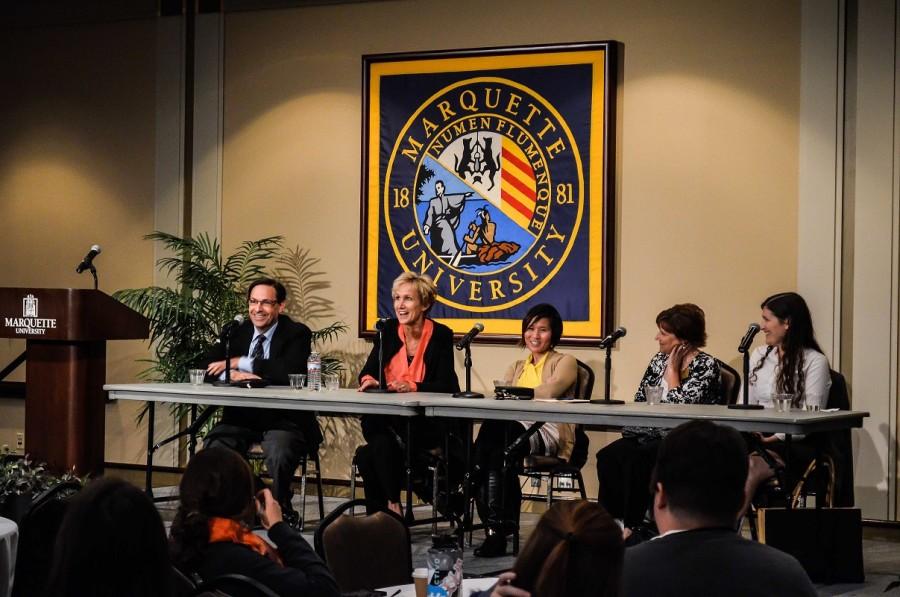This story is part of an Opinions series focusing on women’s issues.
Women in this century are still not free from the shackles of stereotypes. From the time someone is a young girl, they often hear about the motherhood they will inevitably pursue in years to come. These comments made in passing are fairly harmless and may not be made with ill intentions, but they’re highly presumptuous.
The people this commentary is directed toward could very well be transgender, face fertility issues or simply not want to have children. None of these things make them less of a woman or less worthy, just as being a mother doesn’t change someone’s value, beauty or capability.
Motherhood is an amazing thing that many people look forward to in life. However, for people who may not have the opportunity to fulfill their dreams of having children, the journey to get there can be an absolute nightmare. Many women who wish to have children are unable to due to fertility or medical issues. According to the Centers for Disease Control and Prevention, about 6.1 million women in the United States have difficulty getting or staying pregnant.
Infertility can be very difficult for individuals seeking to get pregnant, and they may feel ashamed or depressed because they cannot fulfill their motherly duty; but in reality, this is how they may have been conditioned to feel. When society continues to perpetuate the idea that women’s primary purpose in the world is to bear children, when they cannot or struggle to do so they are made to feel ostracized. That is the result of the idea that women are not valuable beyond the capability of their bodies.
For some prospective parents who cannot have children naturally, adoption is sometimes a viable option; but it is not possible for everyone. Due to the high costs and extensive background checks associated with fostering or adopting children, not every person incapable of reproducing naturally is able to pursue this route. According to AdoptUsKids, a national project that focuses on child welfare, working with a private adoption can cost between $5,000 and $40,000, and working with a private attorney can range between $8,000 and $40,000. Additionally, it is very difficult to determine how long it will take to adopt a child.
Another difficulty mothers can face that is not acknowledged enough is postpartum depression. According to Mayo Clinic, this condition is a long-lasting form of depression that may arise following childbirth and includes symptoms such as sadness, trouble sleeping and mood swings. The rhetoric surrounding postpartum depression is all too often that it’s the mother’s fault. Mothers endure so much difficulty throughout pregnancy and after birth, and we as a society must work to sympathize with this condition and support those who struggle with it rather than blaming or demonizing them.
From the opposite end, women who do become mothers are not free from prejudice. Sometimes these people are objectified and experience sexualization from others. Other times, mothers are almost regarded as disposable because they’ve had their children and are done with what they need to do. Women do not exist only to mother children and to treat them as though they are is not only offensive but a reckless disregard for their humanity.
Additionally, mothers who decide to return to the workplace after having a child may experience challenges. Many times, working mothers are not treated with the same respect as their other co-workers and can be given low quality “mommy track” assignments or even be demoted for unfair reasons such as their superiors viewing them as incapable of completing heavier workloads. Working mothers, and parents in general, should be treated with respect and be given fair workloads.
Motherhood should not be the defining aspect of women’s worth. Whether a woman can or cannot have children, as well as whether they do or do not want to, should be entirely their business. As a society, we must strive to keep the conversation around motherhood inclusive and not to force women to feel they need to have children to have worth in the world. As well as this, once a woman becomes a mother she deserves the same respect in personal relationships and the workplace.
This story was written by Grace Cady. She can be reached at grace.cady@marquette.edu







